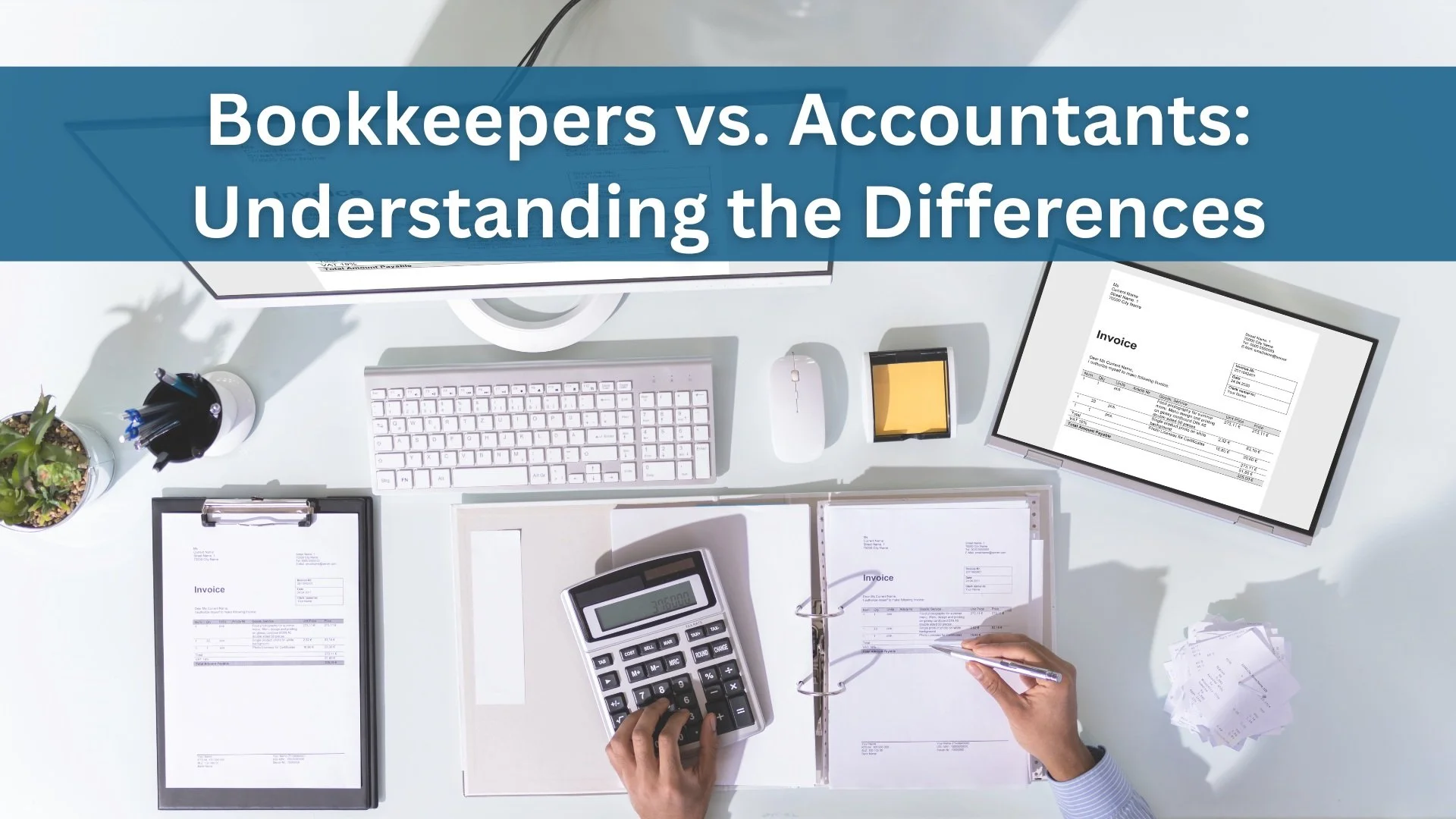Cash Flow vs. Budget: Understanding the Key Differences for Your Business
Managing your business's finances requires a delicate balance between understanding your cash flow and creating a solid budget. While these two concepts are often used interchangeably, they serve distinct purposes and are essential for your business's success.
What is Cash Flow?
Cash flow is a snapshot of your business's financial health at a given moment. It's a simple calculation:
Total Income - Total Expenses = Net Cash Flow
A positive cash flow means your business is generating more income than it's spending. A negative cash flow indicates that you're spending more than you're earning.
Key Components of Cash Flow:
Inflows: Revenue from sales, investments, loans, and other sources.
Outflows: Expenses like payroll, rent, inventory, and taxes.
Why is Cash Flow Important?
Cash flow is crucial for:
Meeting financial obligations: Paying bills, salaries, and debts.
Investing in growth: Funding new projects, expanding operations, or acquiring assets.
Managing risk: Identifying potential cash shortages and taking proactive measures.
What is a Budget?
A budget is a financial plan that outlines your anticipated income and expenses over a specific period. It's a tool for forecasting future performance and making informed decisions.
Key Components of a Budget:
Income: Projected revenue from sales, investments, and other sources.
Expenses: Estimated costs for operating expenses, payroll, marketing, and other categories.
Why is Budgeting Important?
Budgeting helps you:
Set financial goals: Establish targets for revenue, profit, and growth.
Allocate resources effectively: Prioritize spending and allocate funds to key areas.
Track performance: Monitor your progress against budget goals and identify areas for improvement.
Cash flow and budgeting are interconnected. A positive cash flow allows you to create a more flexible budget, while a negative cash flow may require adjustments to your spending plans.
Both cash flow and budgeting are essential tools for managing your business's finances. By understanding the differences between these concepts and using them effectively, you can improve your financial health, make informed decisions, and achieve your business goals.
Need help with your bookkeeping? Contact AMJ Bookkeeping today for expert assistance.




